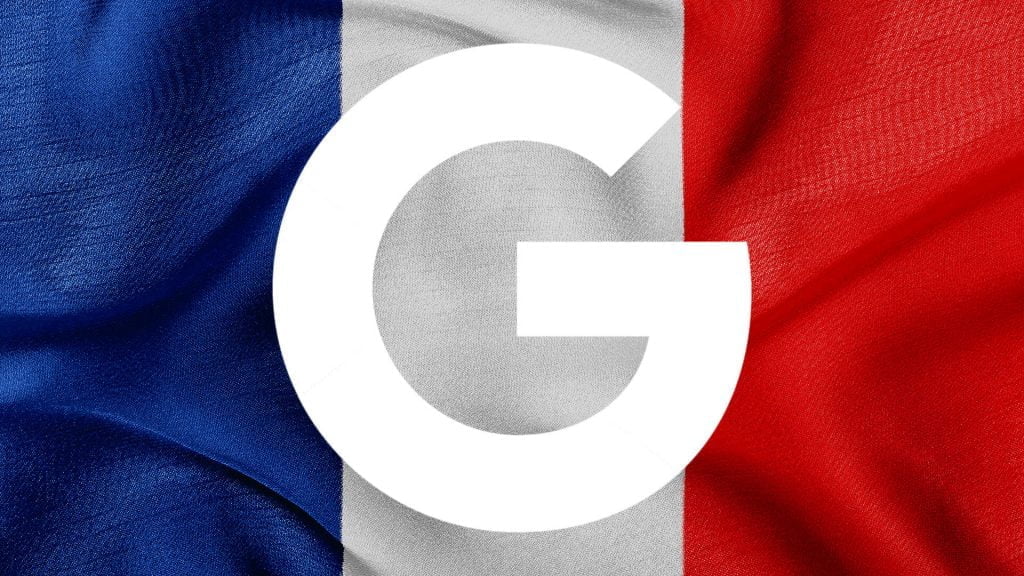A top European court will now decide whether Google must remove “right to be forgotten” (RTBF) links from its global search index. The French data protection authority, Commission Nationale de l’informatique et des Libertés (CNIL), previously argued RTBF can be defeated when disputed content remains in Google’s global index.
In 2015, CNIL demanded global delisting to enforce RTBF. Accordingly, the regulator has effectively sought authority over Google’s search results in countries outside Europe — beyond its legal jurisdiction.
Google complied within Europe but declined to do so globally. CNIL then fined Google roughly 100,000€ for not following its directive to purge disputed content globally.
Google has correctly resisted CNIL on the grounds that citizens of other countries should not be subject to French or European law. Google has defended limiting RTBF removals to European users and has taken a number of steps to prevent people in Europe from accessing RTBF links:
We’ve been working hard to strike the right balance in implementing the European Court’s ruling, co-operating closely with data protection authorities. The ruling focused on services directed to European users, and that’s the approach we are taking in complying with it.
Google appealed the CNIL fine to France’s highest administrative court, which has now sent the case on to the Court of Justice of the European Union (ECJ).
It’s unclear what might happen if ECJ affirms the French regulator’s demands. The concern is that other “less principled” countries (e.g., China, Russia, Pakistan) might see validation of CNIL’s position as a green light to seek global censorship of content that’s politically unpalatable or objectionable.
Hopefully, the ECJ will recognize what’s at stake, validate Google’s compromise position and vacate CNIL’s fine. But in this era of growing nationalism, we might get the wrong outcome. I hope not.

